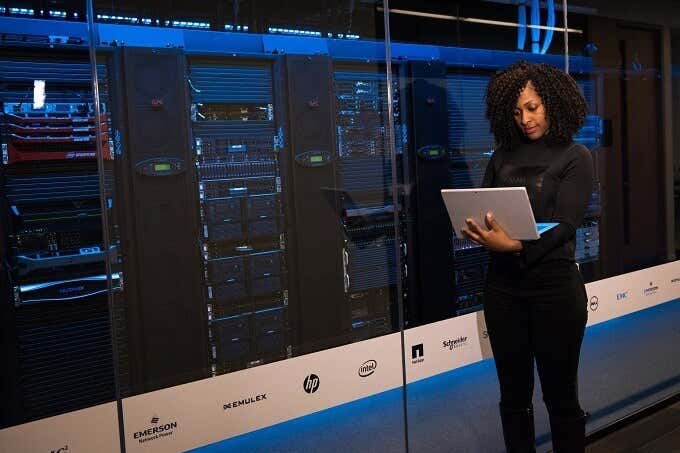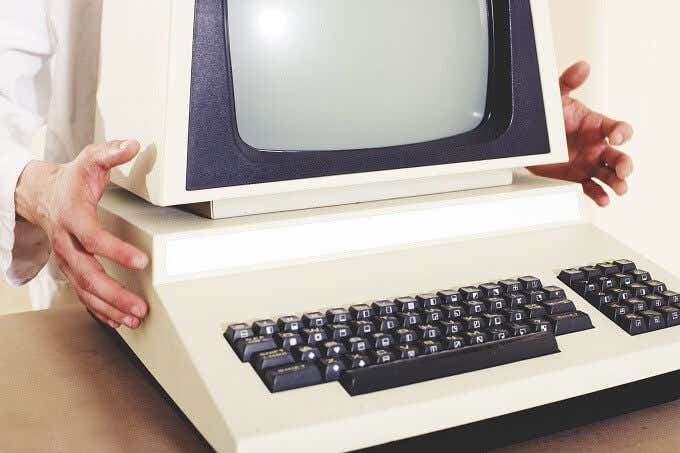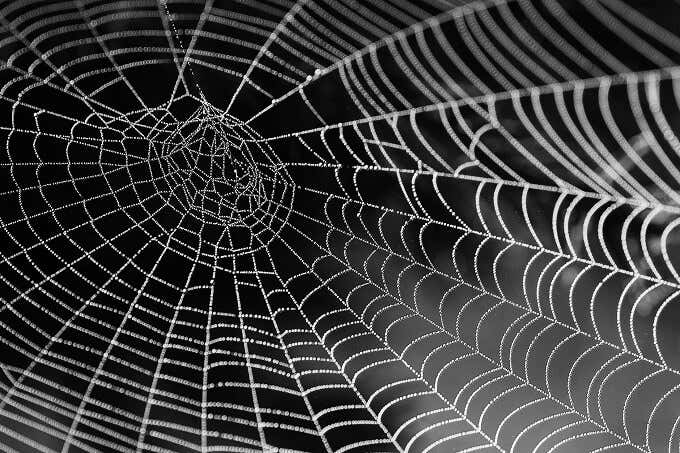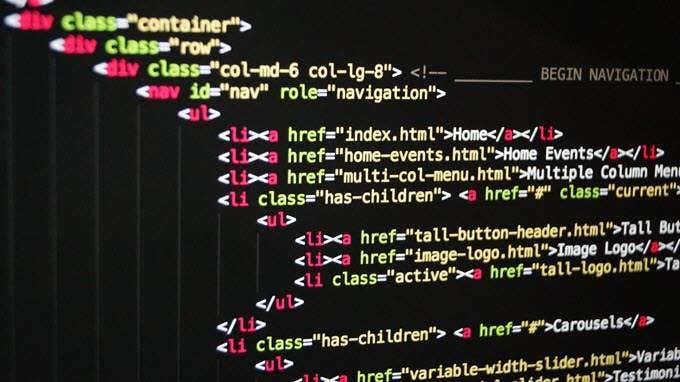If it wasn’t for the Internet, you probably wouldn’t be reading this right now. However, how much do you actually know about when the Internet was invented? Even if you’re old enough to have lived through it all, much of this amazing story wasn’t known at the time. So let’s take a walk through the development of this fantastic invention and pick up some amazing facts along the way.
The Internet Was “Invented” as a Military Project
Although people think of the internet as the thing that brings them memes and Netflix, it was invented for extremely serious reasons – the threat of nuclear war. The worry was that a single bomb could cut off communications throughout the country. So a system that could keep working even if large parts of it were disabled was a pretty high priority.A scientist named J.C.R. Licklider who worked for MIT and ARPA (now called DARPA) came up with an idea for a “Galactic Network” which could keep working even if large parts of it were destroyed. ARPA liked this idea very much! So you can thank them for getting the whole internet ball rolling in the first place.
Information On The Internet Comes In Packets
When you watch a Netflix video or send an email, all that information is broken up into a multitude of tiny info packets. These are each sent independently across the spider’s web that makes up the internet and then reassembled on the other end, so that the receiver can make sense of the message.This is a fundamental part of how the internet works and it’s also why it can withstand disruption. If some packets don’t make it, they can be sent again. If one path through the network is blocked, the packets simply take another router.This method is known as “packet switching”. It was invented in 1965, a mere three years after Licklider came up with his Galaxy Network idea. However, that network ended up being named “ARPANET” instead and packet switching made it possible.
The First Internet Message Was “LO”
LO? Why would that be the first message sent over ARPANET? Well actually, the message was meant to read “LOGIN”, but only the first two letters made it to the receiving computer. Those two historic letters made the journey from UCLA to Stanford on 29 October, 1969. Just a few months after Neil Armstrong stepped foot on the Moon.
In 1969 The Internet Consisted Of Just 4 Computers
It’s true, ARPANET only had four computers connected to each other. Today, about half the people on the planet have internet access, with more than one device per person connecting to this global network. We’ve come a long way.
“Internet” Is Short For “Internetwork”
OK, ARPANET wasn’t really the internet yet. The word “internet” is short for “internetwork”. In other words, the internet is simply a network of networks. Those first handful of computers were quickly joined by other people who wanted to get in on the party. The problem was that no one really knew how to handle the traffic from so many potential computers all at once. Packet switching was the right approach, but there’s more than one way to switch a packet. It was the world’s toughest traffic jam, so how was it solved?
The Internet Has Its Own “Language”
To solve this problem, another brainy scientist by the name of Vinton Cerf came up with a protocol he imaginatively named the Transmission Control Protocol. This is basically like a language internet devices use to speak to each other. Cerf wasn’t done and paired TCP with IP or internet protocol. Which is why you often hear the term “TCP/IP”. Combined, these two protocols dictate the rules that the internet uses to send packets all over the world. It’s very clever and something the size of the internet wouldn’t be manageable without it.
The Web Was Invented In 1991
Did you know you’re on the “Web” right now? The world as a whole had its first contact with the internet through the World Wide Web. That’s the “WWW” that used to go at the start of website addresses.The Web created a persistent information resource, hosted on computers called “servers” that stay connected permanently. Suddenly the internet went from a way for scientists and other people doing important work to share information, to a system everyone would find useful.The Web was invented by a physicist called Tim Berners-Lee, who invented the “hypertext” language the web is built on, to help scientists share their research. If you want to give him a visit head over to his Twitter account. Actually, that’s Sir Berners-Lee to the rest of us, since even the Queen liked the Web enough to knight him.
The Web & The Internet Are Different Things
Lots of people confuse the World Wide Web, where you visit websites, with the Internet itself. As you now know from what we’ve seen above, the internet was invented long before websites existed. The web is actually one application that runs on the internet. The internet itself is all the computers, network hardware and internet-connected devices taken as a whole. Along with the protocols that tell them how to talk to each other. There are plenty of other things that run over the internet as well. In fact, most things that run on the internet are not the web at all.
Google Was Built On One Simple Solution
While the Web is great, finding stuff on the web wasn’t very easy in the early days. Unless you knew the exact web address, you had to use a search engine, but the first search engines weren’t anything like Google or Bing.So what made Google so special? Search engines at the time basically considered web pages that had many repeats of the search term as most relevant and important. That lead to lots of pretty awful results.Google’s first great invention was “PageRank”. The founders, Larry Page and Sergey Brin, figured out that if you ranked pages according to how many other pages linked to them, you’d most often come up with the most important and relevant pages at the top of the list.Today, Google has developed PageRank into something much more sophisticated, but that one big idea built it into the massive internet company it is today.
PageRank Is Named After Larry Page
It’s a total coincidence that PageRank ranks web pages. It’s actually named after Google co-founder Larry Page.
Even Fridges & TVs Can Use the Internet Now
Today, the internet isn’t just used by people sitting at computers. We now have something known as the Internet of Things (IoT). This is a collection of everyday devices such as cars, kitchen appliances and anything else you can think of that have internet connections built in. They can share information with each other and the world, so your fridge can order more milk when it starts to run low. It’s still early days for IoT, but your next appliance might well come with more smarts than you expect.








